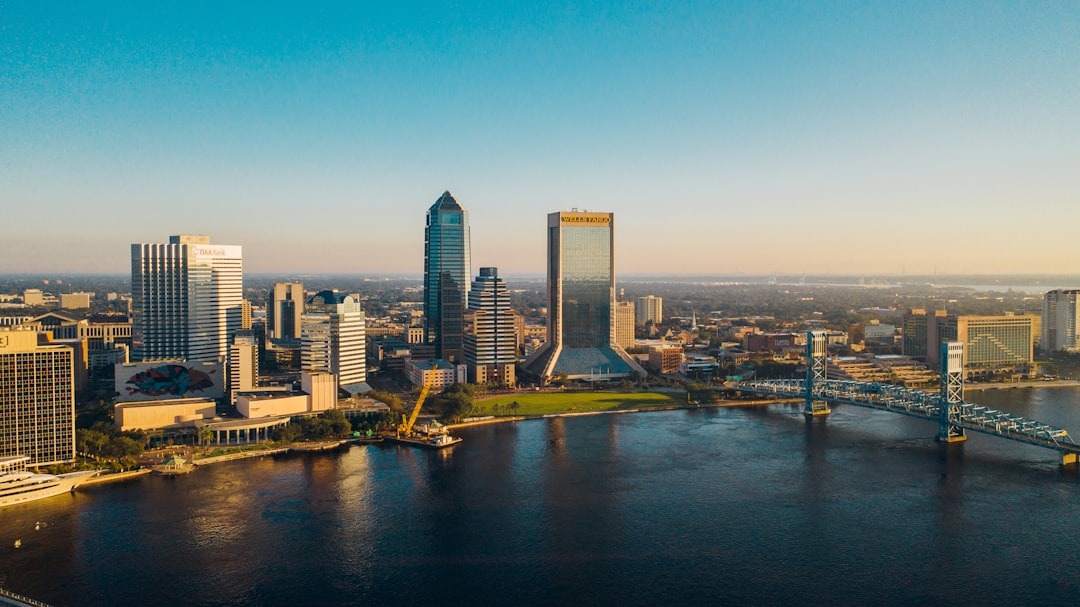In Florida, foster care and child abuse law firms work together to protect abused or neglected children, offering temporary homes until adoption. The state's Department of Children and Families (DCF) enforces strict guidelines for foster care placement and adoption, ensuring the safety of vulnerable youth. After adoption, child abuse law firms provide post-adoption support services like therapy, parenting classes, and community programs to address past trauma and promote stability for Florida families.
In Florida, the Foster-to-Adopt process plays a crucial role in safeguarding vulnerable children affected by child abuse. This comprehensive guide explores the state’s foster care system, delving into legal requirements for adoption and post-adoption support for families. With an emphasis on navigating the complex landscape of child abuse law firms in Florida, this article offers valuable insights for those looking to provide permanent homes to at-risk children. Understanding these steps is essential for ensuring a smooth transition and fostering stability for these youth.
Understanding Foster Care in Florida

In Florida, foster care is a safety net for children who cannot live with their biological parents due to various reasons, often related to child abuse or neglect. The state’s child welfare system, managed by the Department of Children and Families (DCF), places these children in safe, nurturing homes where they can receive care and support until they are ready to be adopted or return home. Understanding this process is crucial for those considering becoming foster parents or supporting children affected by these situations.
Florida’s foster care system operates under strict child abuse law guidelines to ensure the safety and well-being of all involved. Child abuse law firms in Florida play a vital role in advocating for the rights of both foster children and their prospective adoptive parents, navigating the legal complexities, and ensuring compliance with state regulations. This support is essential in fostering stable and permanent homes for children in need.
Legal Requirements for Adoption

In Florida, the foster-to-adopt process is governed by strict legal requirements aimed at ensuring the safety and well-being of children involved. Potential adoptive parents must meet specific criteria set forth by the state’s child abuse law firms. These include completing an adoption home study conducted by a licensed social worker, who will assess the suitability of the prospective parents and their home environment.
The process also mandates adherence to the Florida Adoption Code, which outlines steps for both foster care and private adoptions. Additionally, prospective adopters must undergo background checks and provide detailed information on their financial status, employment history, and personal references. Such stringent legal requirements reflect Florida’s commitment to responsible adoption practices and safeguarding vulnerable children within its borders.
Supporting Children and Families Post-Adoption

After a successful Foster-to-Adopt process, supporting children and families in their post-adoption journey is paramount to ensure lasting stability and well-being. Many foster parents continue to play a vital role in the child’s life, offering continued care and emotional support as they adjust to their new permanent home. This transitional phase requires addressing various aspects, including any unmet needs resulting from prior experiences of child abuse or neglect.
In Florida, where child abuse law firms are readily available, resources exist to facilitate this support. These include therapy services, parenting classes, and community programs designed to help both children and parents navigate the challenges post-adoption. The goal is to foster resilience, promote healthy relationships, and provide a safe and nurturing environment, ultimately enhancing the child’s overall development and quality of life.






